Chances are, your life has changed quite a bit in the last few months.
Your thoughts and feelings about yourself and the World are no longer working for you. I get it. Life can often feel like a balancing act with no end in sight. We aspire to have the best career, partner, family, and friends, all while silencing the part of us that questions our choices and whether we really measure up. As obligations continue to grow, it can be hard to find the energy and motivation to do the things we have to do without sacrificing the things we want to do.
That’s where I come in.
I can help you to define and break through the barriers that block you from being yourself.
I strive to provide a culturally sensitive environment where clients can explore their relationships, careers, and identity.
Together we'll develop solutions to help you feel greater ease and fulfillment across every dimension of your life.
I’m the first to admit that I’m not the right therapist for everyone. If you’re looking for someone to endlessly agree with you, I’m probably not the right person. If, however, you’re ready to be challenged and willing to work just as hard as I am to achieve your goals, then we’re likely a good fit.
Drawing on principles from Cognitive-Behavioral Therapy, EMDR, Attachment Theory, Internal Family Systems Therapy, Mindfulness, Positive Psychology and coaching, we’ll partner to identify the thoughts and behaviors that get in your way. You’ll develop skills and tools that will help you now and in the future.
Together, we’ll cultivate the innate abilities that make you uniquely you.
Rather than tell you things you already know or can Google, we help you to understand your own unique systems and cycles, and help you change the way you engage with yourself, others, and the world.
We embrace:
Openness and acceptance rather than stigma and blame
Exploring and examining issues rather than oversimplifying
Patience and progress rather than short-term solutions
Courage and curiosity rather than denial and avoidance
together we can:
Develop and strengthen coping skills
Work through depression or anxiety, developing skills to improve functioning
Heal past and/or ongoing trauma
Explore the ways in which past relationships have been destructive
Explore loss of a loved one
Navigate life transitions
Alleviate symptoms associated with: Anxiety, Depression, PTSD & Acute Stress Disorder, Complex Trauma, ADHD & Executive Function Disorders
Treatment Methods
While the field of mental health is over 100 years old, it continues to grow and evolve. Similarly, Amita is committed to clinical excellence and lifelong learning. Many therapeutic perspectives and techniques contain useful components.





